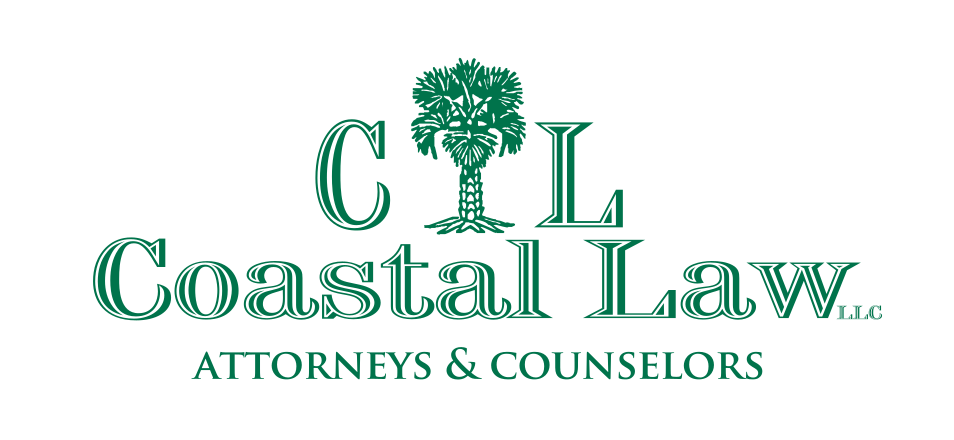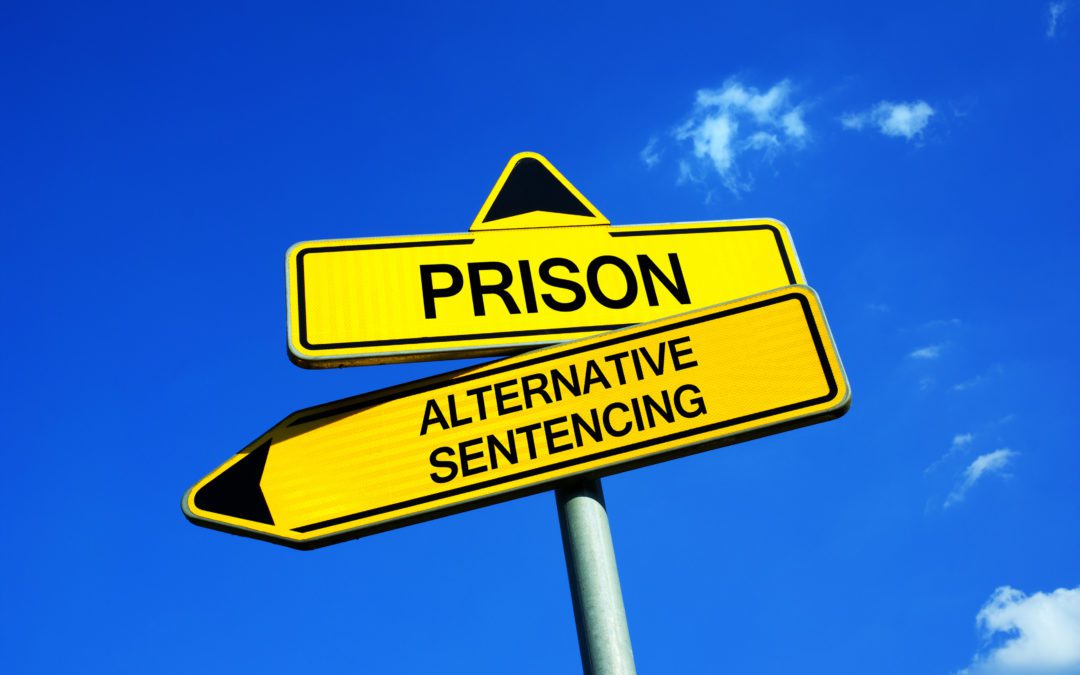House arrest in SC could mean one of two different things: 1) electronic monitoring as a condition of bond before a person is convicted, or 2) house arrest with monitoring as an alternative to prison after a person is convicted of a crime.
Although it is not required, in most cases the court will require GPS or satellite monitoring (an ankle monitor) in addition to other requirements that are ordered by the court as a condition of the home detention.
Below, we will discuss what house arrest in SC looks like, when you can get house arrest as an alternative to a prison sentence, and whether you can get credit for time served on house arrest.
What is House Arrest in SC?
When someone says “house arrest” in SC, they could be talking about home detention as a condition of their bond, or they could be talking about home detention as a potential sentence after a conviction.
House Arrest in SC as a Condition of Bond
In recent years, it has become more and more common for judges to order home detention or electronic monitoring as a condition of bond. In addition to paying the bond amount or paying a bondsman to get you out of jail, you must be fitted with a GPS or satellite ankle monitor before you can be released.
This makes sense in “victim” cases, where the court may have a genuine concern for the alleged victim’s safety. For example, the GPS device can be configured to alert the probation department or the monitoring company if you come within a certain distance of an “exclusion zone,” which could be the home or workplace of an alleged victim in your case.
In other cases, it may provide evidence that can be used in court if the defendant violates the conditions of their release or commits a new crime…
Another local attorney, for example, had a client who was charged with multiple burglaries. The bond judge released him and allowed him to remain on home detention with GPS monitoring. Within a week of the client’s release, his bond was being revoked and he was charged with another burglary – the state’s key evidence in the new case was the data from the GPS monitor which showed that he was present at the location and time of the new burglary…
Pro-tip: Don’t commit crimes while wearing an ankle monitor…
House Arrest in SC as a Potential Sentence
Although home detention as a condition of bond is common in SC, house arrest as a potential sentence is not.
It is possible, however, and it is a potential sentence that SC courts should be considering and utilizing as much as possible during the COVID-19 pandemic, to keep non-violent offenders out of the prisons and to limit the spread of the virus.
How Can You Get Sentenced to House Arrest in SC?
Defendants in SC do not have a right to house arrest, even for the most minor offenses. Courts can, however, sentence you to house arrest if the court thinks it is appropriate.
What sort of things will the court be looking at when considering whether prison time, house arrest, or probation are appropriate?
- Whether the prosecutor agrees with house arrest – although the court can and often does go against the recommendation of the prosecutor, your best bet is when your attorney can get the prosecutor on board before you appear in court;
- Your prior criminal history – none is better, obviously;
- The severity of the charges – although it is possible to be sentenced to house arrest for some felonies, you are more likely to receive house arrest for less serious offenses;
- Whether there is a victim – courts are less likely to order house arrest when there is a victim, unless the victim is in agreement and asks the court to order house arrest instead of a prison sentence;
- Your medical condition – you are more likely to receive house arrest if you suffer from serious medical conditions or require medical treatments that the State of SC does not want to pay for;
- Your employment – if you are working a steady job and providing for your family, the court is more likely to look for a way to allow you to remain in the community and continue working; and
- Other mitigation – it makes a difference when community members speak on your behalf, if you have a history of volunteer work or charitable contributions, or if you can present other mitigating circumstances to the court at sentencing.
Although house arrest is not a common sentence in SC, it can be done and it makes sense to try in appropriate cases, especially today as the coronavirus ravages jail and prison populations nationwide…
What are the Rules of House Arrest in SC?
There are no set rules for house arrest in SC (unless you are a convicted sex offender). The conditions of house arrest (or pre-trial home detention) are dictated by the Court at your sentencing hearing (or bond hearing).
Some common conditions of home detention include:
- A no-contact order for the alleged victim in your case;
- A requirement to remain at your home unless you are going to work, school, or a place of worship;
- Regular meetings with a probation agent;
- Random home inspections;
- Curfew;
- Random alcohol and drug tests;
- Payment of restitution and court costs; and
- Payment of the costs of electronic monitoring.
The conditions of home detention are in the court’s discretion and may be more or less restrictive depending on the circumstances of each case.
Can I Get Credit for Time Served for House Arrest in SC?
Courts do not usually order credit for time served for pretrial home detention (although if the prosecution, defense, and judge agree and no one appeals an order for credit for time served…).
The SC Court of Appeals has said that there is no right to credit for time served unless it is credit for time served in the jail on the charges for which the defendant is being sentenced:
Furthermore, section 24-13-40 consistently uses the language “time served by a prisoner.” A prisoner is defined as “[a] person who is serving time in prison.” Black’s Law Dictionary 1213 (7th ed. 1999). [2] Further, a prison is defined as “[a] state or federal facility of confinement for convicted criminals . . . .” Id. Our statutes have also used the term prisoner to refer to persons confined in a county jail. See,e.g., S.C. Code Ann. § 24-13-10 etseq. (1989 & Supp. 2002); S.C. Code Ann. § 24-5-10 etseq. (1989 & Supp. 2002). Based on the plain and ordinary meaning of the term prisoner, we believe the legislature only intended to award sentencing credit to those who actually spend time confined in a penal institution.
A defendant could, however, receive credit for time served on house arrest when the house arrest is part of the defendant’s post-conviction sentence and when it is the equivalent of time spent in a correctional institution (“…house arrest could be the equivalent of time spent in an institution when the program was run by the local prison system, and participants were considered inmates who were required to wear electronic devices and submit to constant monitoring).
SC Criminal Defense Lawyers in Myrtle Beach
Your Myrtle Beach defense attorney at Coastal Law may be able to help you get a modification of your bond conditions to allow release on home detention, or, in an appropriate case, may be able to ask for a sentence of house arrest after a conviction.
If you have been charged with a crime in SC or have questions about house arrest in SC, contact the South Carolina criminal defense lawyers at Coastal Law now at (843) 488-5000 to find out how we can help. You can also fill out our online form to set up a free consultation.


